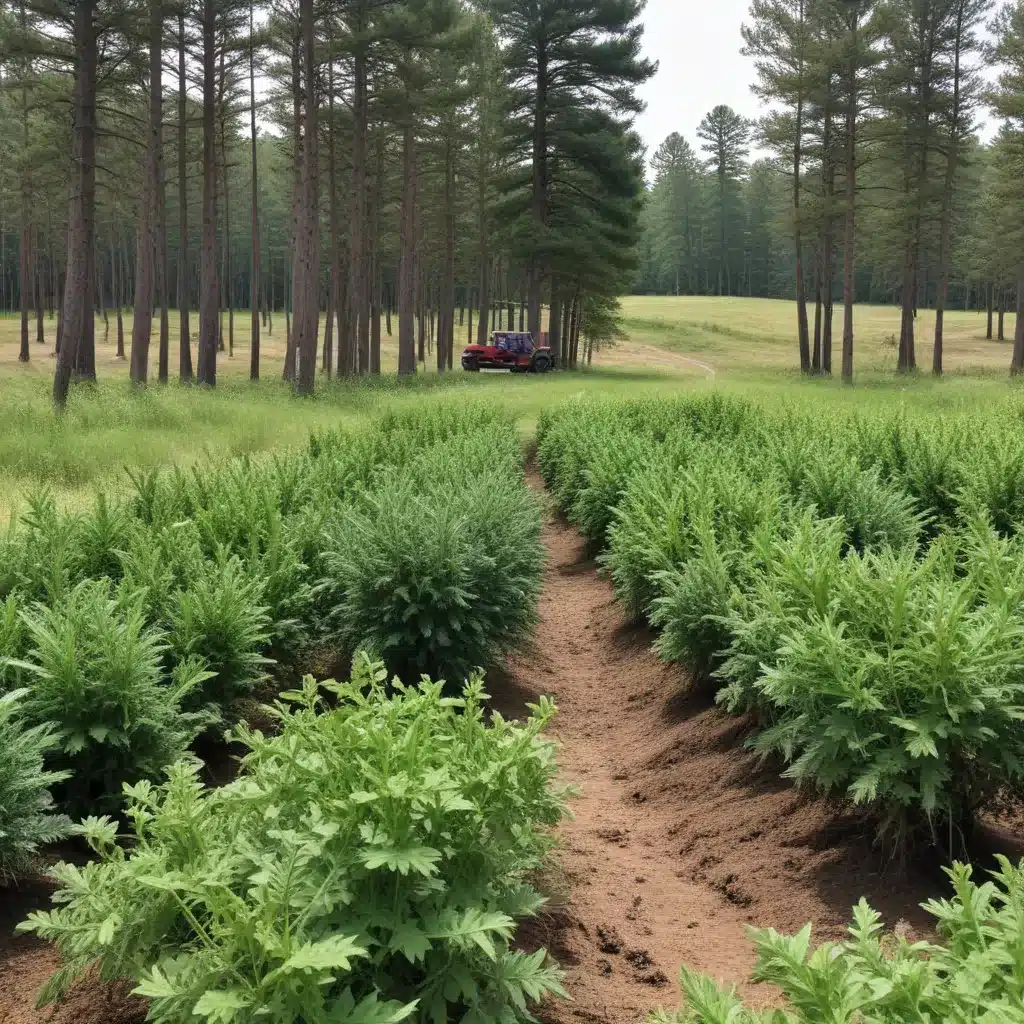
Welcome to Crooked Pines Farm, where we’re excited to invite you on an educational journey through the world of sustainable agriculture! As a farm educator, I’m thrilled to share our farm nature exploration, educational tips for kids, gardening insights, farm-to-table recipes, DIY crafts, family fun activities, seasonal events, and farm life chronicles with you.
Sustainable agriculture is about more than just growing food – it’s about preserving our natural resources, nourishing our communities, and fostering a deep connection between people and the land. At Crooked Pines, we’ve embraced this holistic approach, and we’re eager to share our sustainable practices with you.
Farming Practices
Organic Farming
One of the core principles of sustainable agriculture is organic farming, which avoids the use of synthetic fertilizers, pesticides, and other chemicals. By cultivating our fields with natural, biodegradable inputs, we’re able to build soil health, encourage biodiversity, and produce nutrient-dense crops that are better for both people and the planet.
Regenerative Farming
Another key aspect of our sustainable approach is regenerative farming, which goes beyond simply maintaining the land and actively works to improve it. Through techniques like cover cropping, no-till cultivation, and rotational grazing, we’re able to enhance soil fertility, sequester carbon, and create a thriving ecosystem on our farm.
Precision Agriculture
Cutting-edge precision agriculture technologies also play a crucial role in our sustainable practices. By using GPS-guided equipment, soil sensors, and data-driven decision-making, we’re able to optimize our resource use, reduce waste, and minimize our environmental impact.
Sustainable Crop Production
Crop Rotation
A cornerstone of our sustainable crop production is crop rotation, where we strategically plan the sequence of crops grown in each field. This not only helps maintain soil fertility and suppress pests, but also allows us to diversify our product offerings and provide a wide range of fresh, seasonal produce for our community.
Cover Cropping
Alongside our crop rotation, we employ cover cropping – the practice of growing plants specifically to improve soil health. These cover crops help prevent erosion, fix nitrogen, and enhance the biological activity in our soils, all while providing a beautiful, vibrant tapestry across our fields.
Integrated Pest Management
Rather than relying on harsh chemicals, we take an integrated pest management (IPM) approach to controlling pests and diseases. This involves a combination of cultural, mechanical, and biological controls, as well as the strategic use of organic pesticides and beneficial insects to keep our crops healthy and thriving.
Sustainable Livestock Management
Pasture-Based Systems
When it comes to our livestock, we prioritize pasture-based systems that allow our animals to roam freely, engage in natural behaviors, and graze on diverse, nutrient-rich forage. This not only promotes their overall well-being but also helps to regenerate the land and reduce our reliance on imported feed.
Rotational Grazing
To further optimize our pasture-based approach, we employ rotational grazing techniques, where we strategically move our livestock between different paddocks. This allows the land to rest and recover, while ensuring our animals have access to fresh, nutritious forage throughout the grazing season.
Animal Welfare
Maintaining the highest standards of animal welfare is essential to our sustainable practices. We provide our livestock with ample space, natural behaviors, and comprehensive veterinary care, all while avoiding the use of growth hormones, antibiotics, or other synthetic inputs.
Environmental Stewardship
Biodiversity Conservation
At Crooked Pines, we’re deeply committed to biodiversity conservation, preserving and enhancing the natural habitats that support a wide range of plant and animal species. From establishing wildflower meadows to planting native trees and shrubs, we’re constantly working to create a thriving, diverse ecosystem on our farm.
Soil Health
Healthy, vibrant soils are the foundation of our sustainable agriculture, and we devote considerable effort to soil health management. Through practices like cover cropping, reduced tillage, and the application of organic matter, we’re able to build soil structure, increase nutrient cycling, and foster a robust population of beneficial soil microorganisms.
Water Management
Water is a precious resource, and we take great care to manage it responsibly on our farm. This includes implementing water-efficient irrigation systems, rainwater harvesting, and wetland restoration to ensure we’re using water wisely and protecting local watersheds.
As you can see, sustainable agriculture is a multifaceted endeavor that encompasses a wide range of practices and principles. At Crooked Pines, we’re proud to be at the forefront of this movement, and we’re excited to share our knowledge and experiences with you.
Throughout the year, we’ll be hosting a series of farm tours and discussions, where you’ll have the opportunity to get up close and personal with our sustainable farming methods. You’ll learn about the importance of organic farming, discover the magic of regenerative agriculture, and explore the fascinating world of precision farming technology.
But that’s not all! We’ll also be offering a range of educational tips for kids, delving into the joys of gardening, showcasing our farm-to-table recipes, and sharing fun DIY crafts and family activities that celebrate the rhythms of farm life.
So come join us at Crooked Pines Farm as we embark on this exciting journey of sustainable agriculture. Whether you’re a seasoned farmer, a curious gardener, or a family looking to connect with nature, there’s something for everyone. We can’t wait to see you on the farm!
For more information and to stay up-to-date on our upcoming events, be sure to visit us at https://www.crookedpinesfarm.com.


